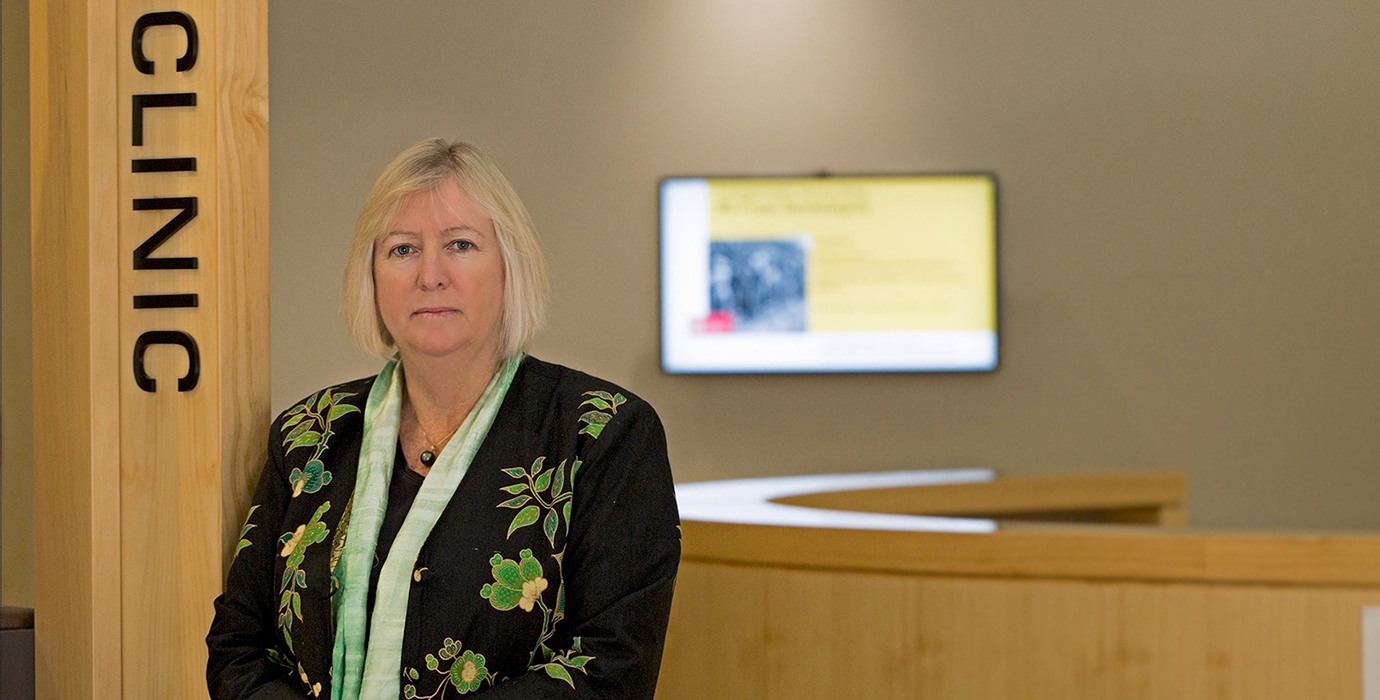
Caring for the growing number of patients with non-communicable disease is a challenge faced by policy-makers and healthcare providers across the world. To tackle the issue, a team of WUN experts in healthcare system planning have come together to share their unique insights from across Canada, the UK and Australia.
Led by Professor Stephanie Short from the University of Sydney, the group explores how primary healthcare can be successfully organised and funded, and how patients can be given more control over their care and assisted to navigate health systems. Its research output has a strong practical focus, offering insights to help planners and providers offer optimal care in a cost-efficient way.
For example, members of the group recently published an article in Australian Health Review arguing that government reforms to primary care in Australia have not adequately integrated the management of chronic diseases. The authors call for the primary health system to be “turned upside down” in order to place patients at the centre of preventative care, as well as for better coordination between health professionals to reduce the time patients spend in hospital.
Professor Short says that WUN’s global ties have played a critical role in the initiative: “It is what turned our Australian research into an international collaboration, by providing the links with colleagues in the UK and Canada.” In fact, she says, it was the WUN structure that inspired her to consider a multilateral project with more than one overseas institution for the first time. Previously, she had worked only on bilateral projects: “It really encouraged us to broaden our research horizons.”
WUN funding has also been vital to launching and sustaining the collaboration by enabling the group to meet up in person and establish common interests, research questions and goals. Professor Short says the collaboration simply “wouldn’t have occurred” without WUN’s support for a research workshop at the University of Alberta in October 2012. With the help of this initial seed funding from WUN, the team went on to secure a major external grant of $268,000 from the Australian Research Council.
Belonging to an international network has intangible benefits too, adds Professor Short. In Alberta, WUN’s imprimatur made it easier to reach out to other researchers and physicians, and to undertake a site visit to a local hospital that otherwise might not have been possible.
Another lasting benefit of the collaboration has been the development of early career researchers working in the area of health systems. Collaborator Dr Kirsten Harley was initially a postdoctoral fellow at Sydney and has since been appointed to a lectureship; collaborator Dr Gianluca Veronesi was a lecturer at Leeds when he joined and is now Associate Professor.
Finally, Professor Short believes the WUN collaboration has also helped her own personal research career, and the careers of her colleagues and students. “Bringing this project into an international context has meant I can see my own area – the primary healthcare environment in Australia – with greater insight and acuity,” she says.
Read more about the WUN Shaping Health Systems project.
